
10 Effective Ways To Cure Postpartum Rectal Bleeding
6 min readWritten by Editorial Team


Pregnancy is a wonderful period for women. No one can explain the joy of bringing life, the eternal love bond, and the emotional connection a woman experiences during pregnancy. But after delivery, some women suffer from postpartum rectal bleeding due to piles/hemorrhoids.
Rectal bleeding is common among women who have a vaginal delivery. The bleeding happens after a bowel movement and is also caused due to constipation and swelling around the anus. Though it’s common after delivery if you’re having discomfort, consult with a doctor to have medical care. Continue reading to know effective ways to cure postpartum rectal bleeding. Let’s have a look.
In This Article
- What is Postpartum Rectal Bleeding?
- Why Does Postpartum Rectal Bleeding Occur?
- Is Rectal Bleeding Normal Postpartum?
- How Long Does Postpartum Rectal Bleeding Last?
- 10 Effective Ways to Prevent Postpartum Rectal Bleeding
- When Should You Consider Calling a Doctor?
- FAQ’s
What is Postpartum Rectal Bleeding?
Postpartum rectal bleeding is very common after delivery in women. The bleeding occurs due to hemorrhoids (swollen veins present inside the rectum or surrounding anus). It usually happens when intense pressure is on the lower rectum during delivery. Most postpartum rectal bleeding stops after some time, but it is recommended to consult with a doctor to get the right treatment if it doesn’t stop.
Why Does Postpartum Rectal Bleeding Occur?

There are several reasons for postpartum rectal bleeding. However, the most common reason for rectal bleeding is Hemorrhoids.
- Nearly 40% of all women experience hemorrhoids after a few days of delivery or even during the last trimester of pregnancy.
- Women often have swollen veins and constipation problems during pregnancy. This can ultimately lead to hemorrhoids resulting in rectal bleeding after delivery.
- A woman with normal delivery or large baby delivery can also suffer from rectal bleeding.
- Women who take a lot of stress during pregnancy and delivery also experience postpartum rectal bleeding.
- Constipation can cause cracks on the skin near the anus, known as anal fissures. This condition can be painful and cause bleeding.
These are some of the culprits which can trouble women after delivery. You can consult with a doctor if you face discomfort and bleeding doesn’t stop after a certain period.
[Read : Birthing Complications -Big Baby (Macrosomia)]
Is Rectal Bleeding Normal Postpartum?
Rectal bleeding after delivery/postpartum is common. Usually, it occurs if women have a normal delivery and suffer from constipation after delivery. But in some cases, it can be painful and irritating. If you consult with your doctor, they will provide you with medicine for hemorrhoids and take proper precautions. Exercising can also help to relieve rectal bleeding. However, it would be great to take advice from certified doctors.
How Long Does Postpartum Rectal Bleeding Last?
Rectal bleeding lasts for a few days or some weeks. The anal fissures are for the short term and heal on my own after some time or with home treatment. However, if an anal fissure doesn’t heal after 12 weeks, it is known as a long-term fissure and chronic fissure. Women have to consult with doctors if they experience chronic fissures.
10 Effective Ways to Prevent Postpartum Rectal Bleeding
Here are the 10 most effective ways to prevent postpartum rectal bleeding. Let’s have a look.
1. Apply Ice Compress

Wrap some ice in a cloth or use an ice compress pack on the hemorrhoid area. Leave it for ten minutes and then repeat the process. It helps to reduce discomfort and swelling. Alternatively, you can combine a hot bath and a cold treatment. But start with an ice compress followed by a warm sitz bath. It helps get relief from the swelling and discomfort you are experiencing.
2. Have a Warm Water Bath
You can try a hot water bath or sitz bath to get relief from the hemorrhoids. Sitz bath (a small water tub fitted over a toilet seat) for 10-15 minutes two-three times a day can be beneficial to deal with discomfort and irritation due to hemorrhoids.
You can add Epsom salt into the water to reduce pain and swelling. Moreover, it is also helpful in reducing the pain associated with bowel movements.
[Read : What Is A Sitz Bath? How Does It Help?]
3. Restrict Physical Activities That Exerts Rectal Pressure
The prime reason for hemorrhoids is exerting pressure on rectal areas. Therefore, you need to avoid those activities that exert pressure on the rectal areas, such as lifting heavy items, obesity, stressing to have a bowel movement, and prolonged sitting on toilet seats.
4. Practice Kegel Exercise

Kegel exercise is also helpful in improving the blood flow in rectal veins and tissues. Apart from this, it is helpful to tone the pelvic floor muscles and vaginal muscles. Thereby, you get relief from the hemorrhoids.
5. Sit Straight on a Soft Pillow or Cushion
Sitting on a rocking chair or recliner is more comfortable than sitting on a straight chair, especially when you have hemorrhoids. The straight-backed chair exerts access pressure on the rectal region, which may cause discomfort and pain. Therefore, you can use a soft cushion or pillow for sitting on a chair. It helps to lower pressure on rectal areas.
6. Use A Stool Softener
Take a stool softener recommended by the doctor only. This helps to ease down stool passing without putting in the effort. This also helps to heal faster from the ruptures and fissures.
7. Stop Sitting for Longer on Toilet
Sitting in a toilet for a long time can cause discomfort and pain in the rectal region due to pressure on the swollen veins. Therefore, be sure not to sit for a longer time in the toilet. Also, avoid using mobile phones and newspapers to read in the bathroom.
Additionally, never control the stool as it can increase discomfort and pain caused by the hemorrhoids. Moreover, it can make your stool dry and result in constipation. It can be a reason for hemorrhoids.
8. Use an Over Counter Hemorrhoids Ointment

You get so many ointments for hemorrhoids in the marketplace. If you are uncomfortable, consult with your physician and get the over-the-counter hemorrhoid ointment to deal with uneasiness and itching due to rectal bleeding and swollen veins.
9. Eat Fiber-Rich Food
Constipation is the common reason for hemorrhoids in women after delivery. Therefore, a woman must eat a fiber-rich diet to deal with uneasiness in bowel movements. Also, drink plenty of water as it helps to deal with constipation.
[Read : Postpartum Constipation]
10. Clean Anal Region With Witch Hazel
Always use witch hazel and medicated wipes to clean the anal region. It helps to speed up the process of healing and give you relief from the hemorrhoids. Cleaning anal is also helpful to avoid infection in the anal region.
When Should You Consider Calling a Doctor?
Rectal bleeding during postpartum is not a serious issue. Bleeding, which happens due to hemorrhoids, can stop after some time, especially when constipation is prevented. However, it is always an excellent idea to take a doctor’s consultation and tell them about everything you are experiencing.
You can call if you’ve got these conditions.
- Texture and color of the poop change
- Less bowel movement than regular
- Weakness and fatigue
- Bloating and belly pain
- Bleeding excessively
If you have any of these symptoms, call for a doctor’s appointment. The doctors will prefer the right medicinal treatment to treat postpartum rectal bleeding.
Postpartum rectal bleeding is a common problem a woman experiences after normal delivery. However, some women often experience rectal bleeding due to swollen veins (Hemorrhoids) and cracks at the anal. The problems stop within a few weeks if you follow the above tips. However, if you still experience a major problem, connect with a doctor for the right consultation and treat the problem.
FAQ’s
1. Why Do I Bleed When I Poop Postpartum?
The formation of hemorrhoids and the occurrence of constipation during pregnancy are one of the most common reasons for postpartum rectal bleeding. Pregnancy results in the bulging of veins due to an increased blood supply to support the growing fetus. Bulged veins often lead to hemorrhoids. In addition, hormonal imbalances lead to constipation during pregnancy. All these conditions result in bleeding postpartum when you poop.
2. How to Get Relief From Constipation After Delivery?
Drink plenty of water to ease bowel movement. Also, increase fiber in your diet as it helps relieve constipation.
3. Which Food Can I Avoid During Postpartum Rectal Bleeding?
Snacks and processed food have to be avoided during postpartum rectal bleeding.
Read Also: All About Lochia (Post-Natal Bleeding)

Editorial Team,
With a rich experience in pregnancy and parenting, our team of experts create insightful, well-curated, and easy-to-read content for our to-be-parents and parents at all stages of parenting.Read more.
Responses (0)
Want curated content sharply tailored for your exact stage of parenting?
Related articles

Top 6 Best Bath Books For Babies in First Year
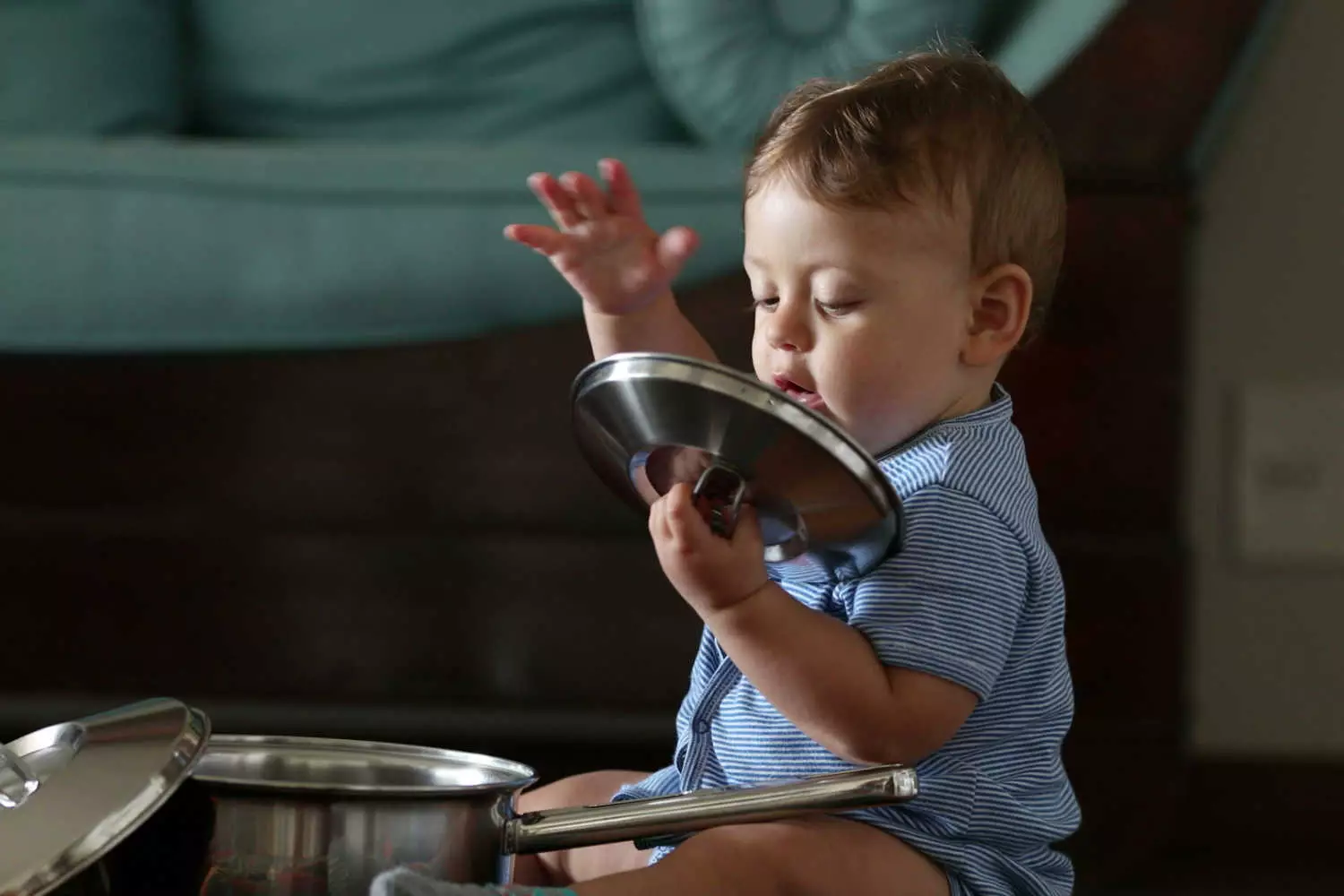
Letting Baby Play With Household Items – How it Helps in Baby’s Development and Safety Tips
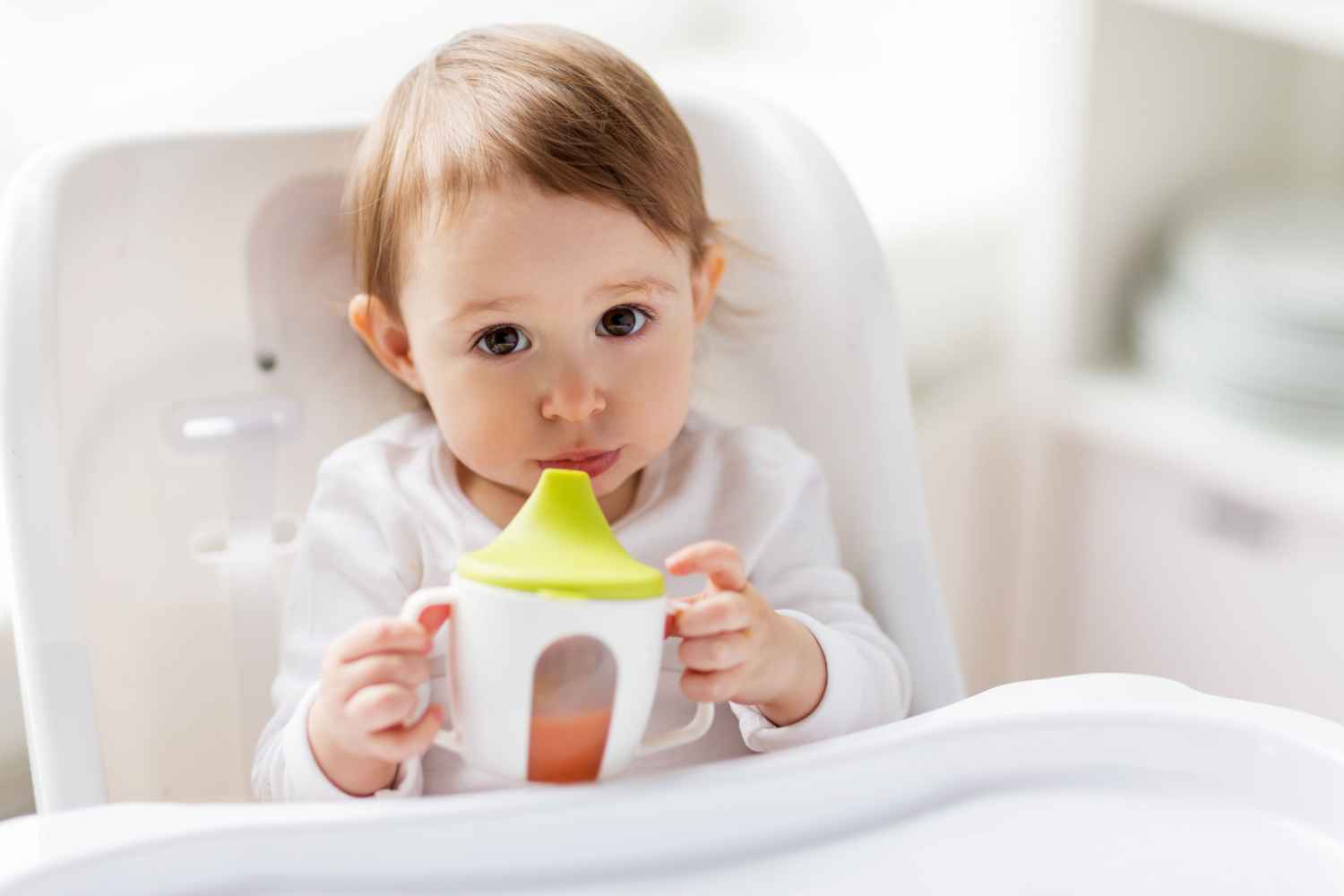
Sippy Cups For Babies – When And How to Introduce, And Benefits
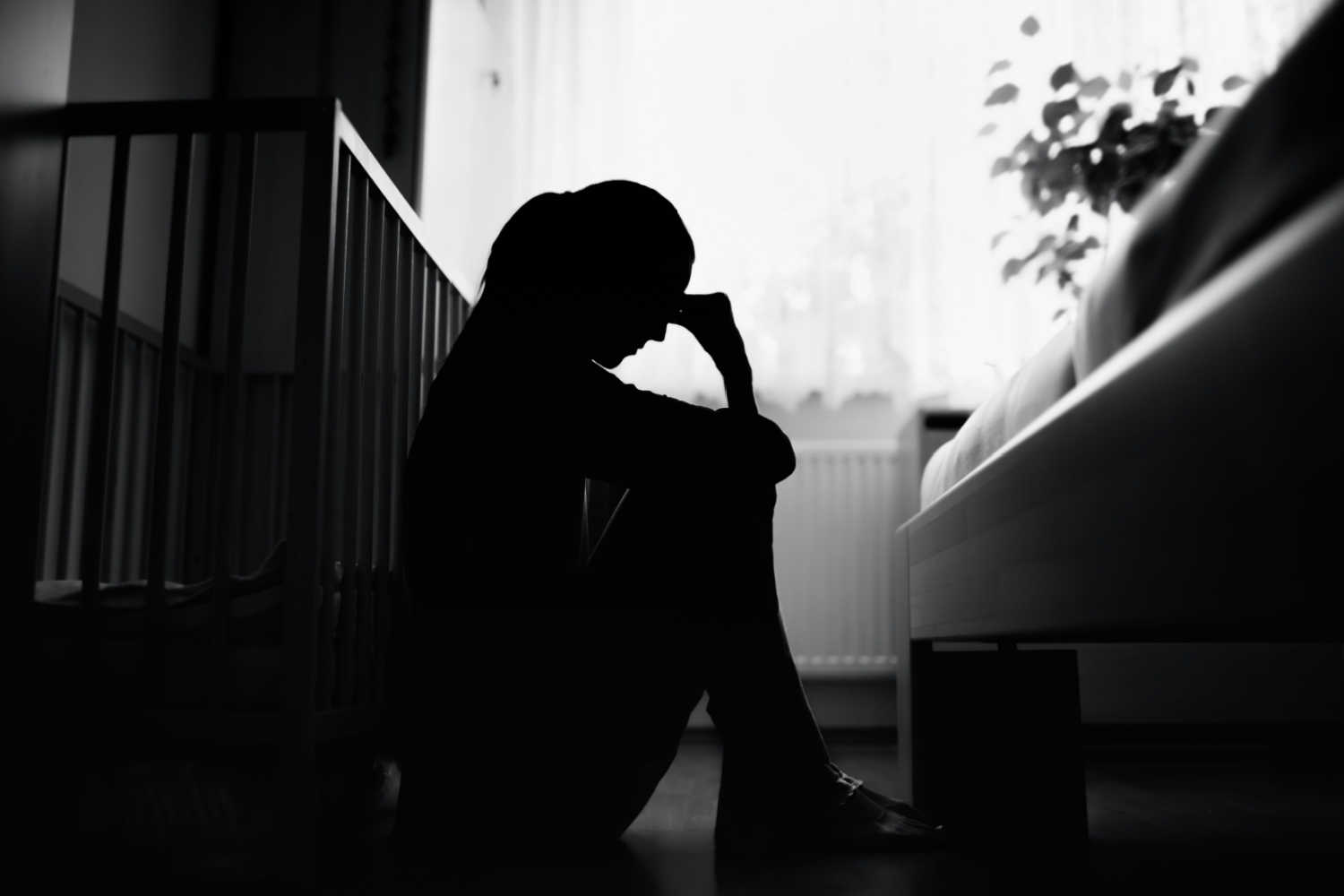
Postpartum Insomnia – Causes, Symptoms and Ways to Prevent
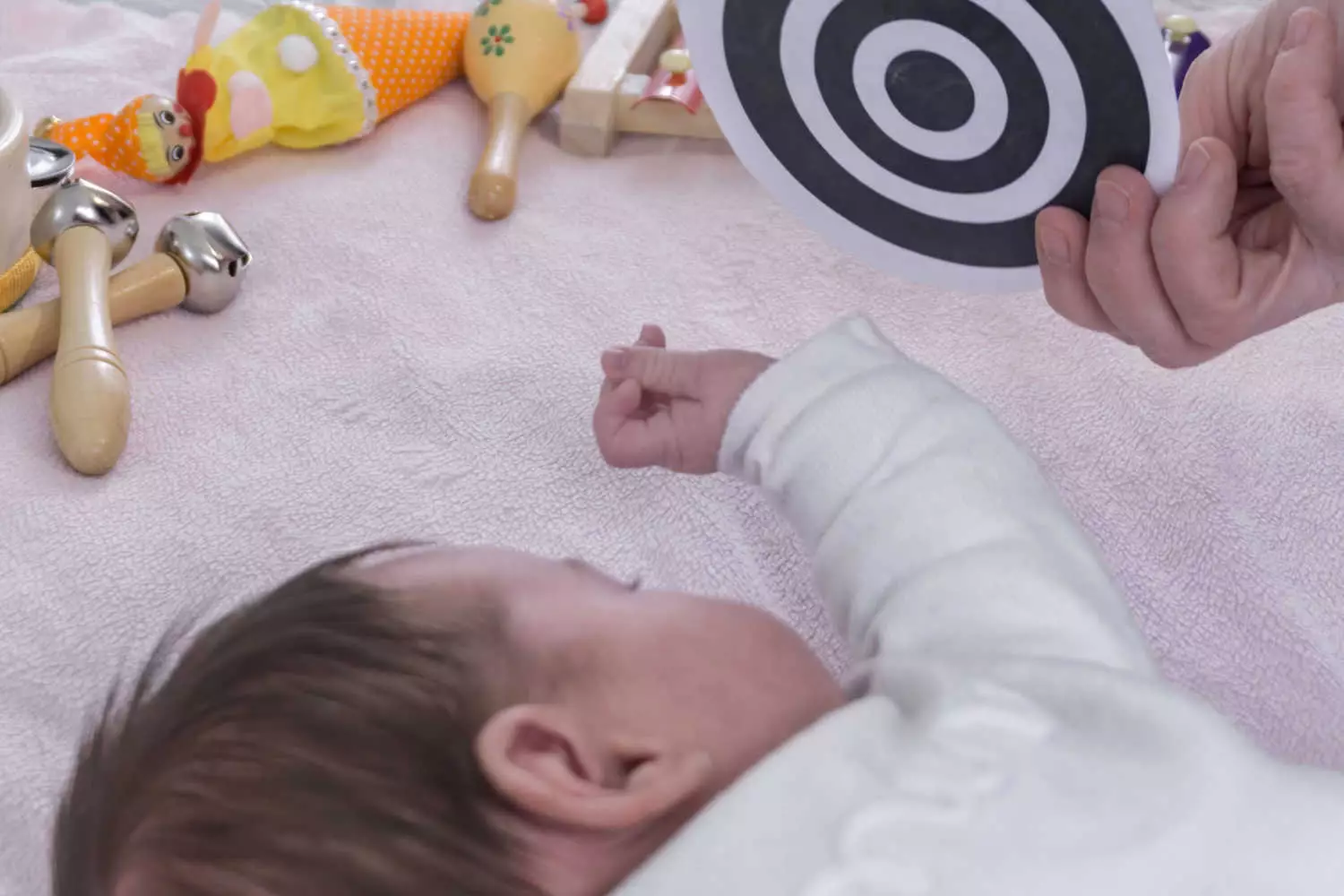
Black and White Sensory Toys For Newborns – How it Helps in Baby’s Development
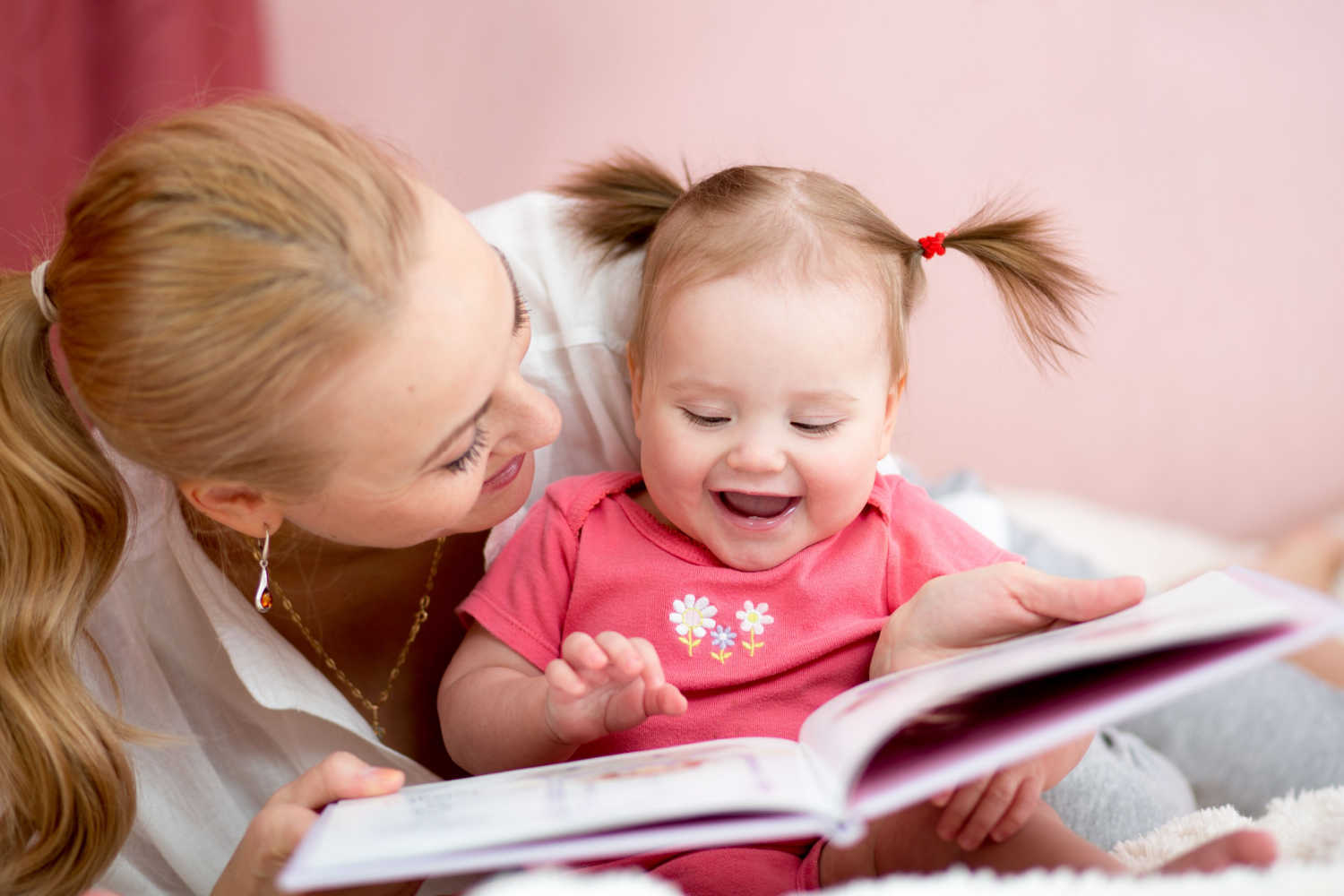
Top 8 Classic Children’s Books You Should Read to Your Baby in First Year
Sponsored content
Discover great local businesses around you for your kids.
Get regular updates, great recommendations and other right stuff at the right time.





